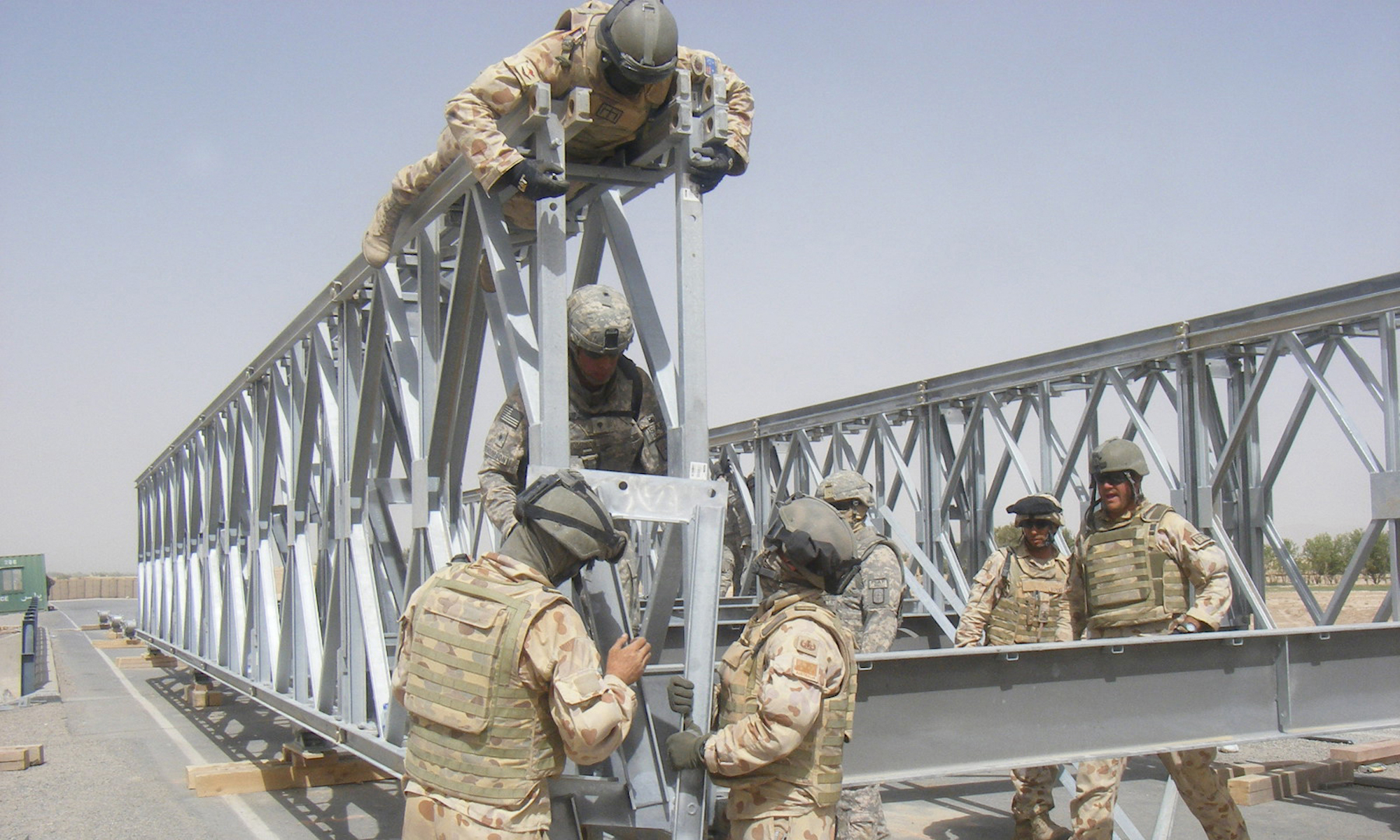The UN peacekeeping mission in the Democratic Republic of Congo (MONUC) has been derided as one of the world’s least effective peacekeeping forces. This article assesses its performance by using two indicators: mandate implementation and the reduction of human suffering. The analysis shows that effective peacekeeping in the Democratic Republic of Congo (DRC) has been hampered by two major problems. First, MONUC has had a struggle with, and inconsistent approach to, the vague concept of ‘robust peacekeeping’. During key moments of the peace process, it tried to wage peace when it should have used force. Second it failed to adapt to a dynamic conflict environment. Both problems were underpinned by flawed assumptions about the peace process, the behaviour of local actors and the presumed benefits of ‘post-conflict’ elections.

INSCT Postconflict Research Database
The Institute for National Security and Counterterrorism's Postconflict Research Database & Analysis Project stores cross-indexed bibliographic information on hundreds of journal articles, books, book chapters, and case reports that address the broad, interdisciplinary fields of postconflict reconstruction, stabilization, and peacebuilding.
41 Replies to “Peacekeeping in the Democratic Republic of Congo: Waging Peace and Fighting War”
Comments are closed.